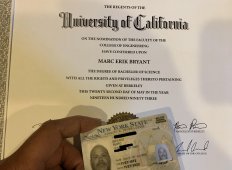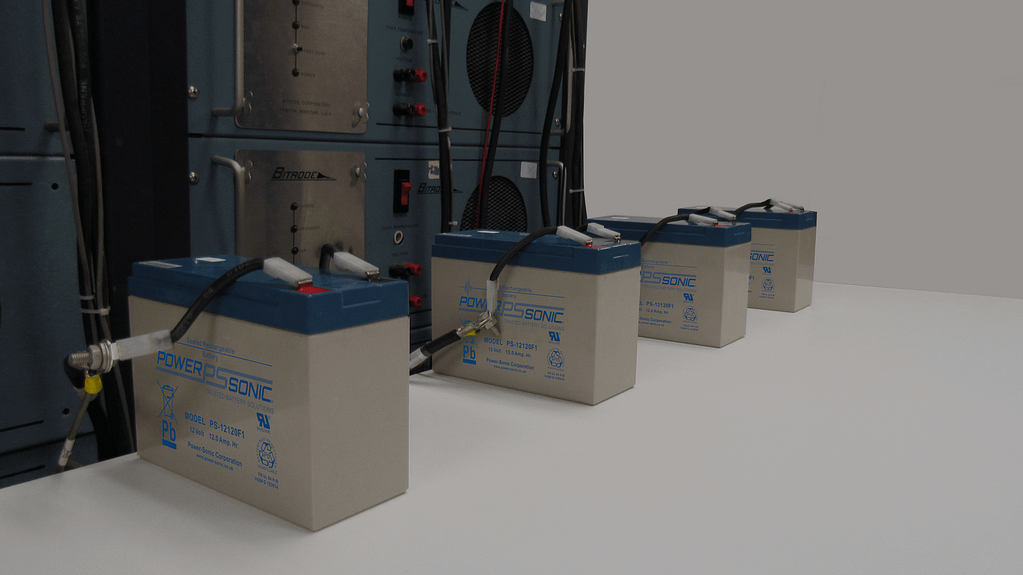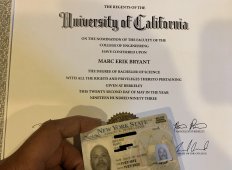Oh, I am open to learning. I made that clear. But you aren't providing any sort of proof. I never claimed to have done research with proper controls, but you did. Even if you didn't publish papers, giving us the details on your experiments could give you credibility. But we'd have to hear the details.
The link above has exactly two paragraphs on parallel charging. It in no way references batteries of different ages. I couldn't care less if that is your degree or not. It is hilarious you think I have "the nerve" to question your degree. This is the internet my friend. Anyone can claim anything. I made a spaceship and went to the moon!
Even if it is your degree, a degree is no proof of knowing what you are talking about. And in this case, you are wrong. Many, many people have seen first hand the effects on mixing new lead batteries with old. Call Crown and Surrette and see what they say. I'm sure you know more than they do.






